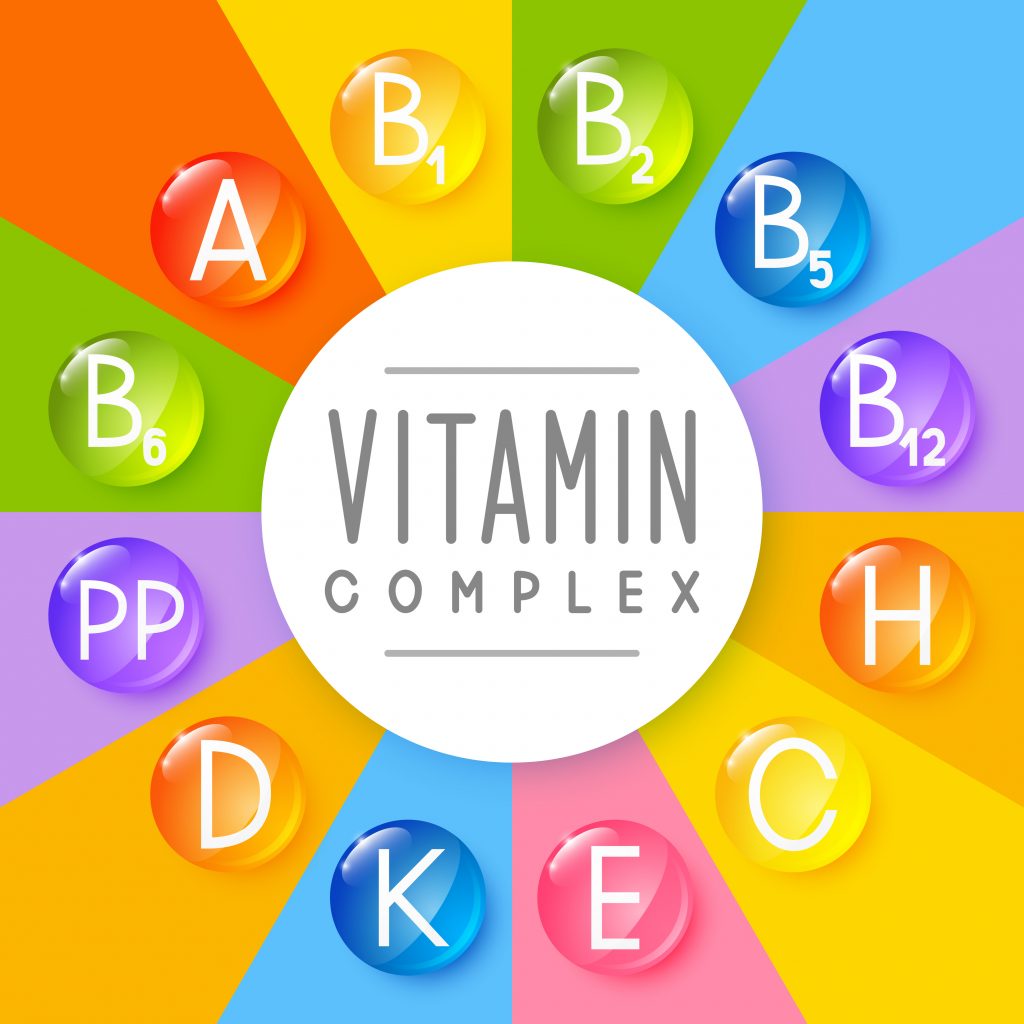A daily multivitamin can help to provide a solid foundation for your day to day health. These vitamins can provide a health barrier when experiencing stress, sleep issues, or irregular exercise, providing your body with the things missing from your diet. That’s where multivitamins come in. With so many vitamins and routes to go down, it’s important to know the essentials when it comes to what you’re taking. Whether you’re opting for a specific individual pill or gummies or wanting an all in one, these are the 7 key vitamins and minerals to look out for.

What is a multivitamin?
A multivitamin pretty much does what it says on the tin. These vitamins are intended to serve as a dietary supplement providing vitamins, dietary minerals, and nutritional elements. In addition to vitamins and minerals, they may also contain things such as herbs, amino acids, and fatty acids. Multivitamins are available in the form of a tablet, capsule, gummy, powder or liquid.
What to look for in a multivitamin

Vitamin D
Vitamin D helps our bodies to absorb calcium, which is important for bone health and energy levels. Not getting enough vitamin D can lead to issues such as bone and back pains, weakened immune system and hair loss. Although you can get vitamin D naturally through sunlight or certain foods, there is a vast majority of people who don’t get the recommended amount.
Iron
Although Iron should be a key ingredient in any multivitamin, it’s important to remember that not everyone needs the same amount. Certain circumstances such as having your menstrual cycle, hitting puberty, or being pregnant may increase the amount of iron you need as it is essential for growth and development. Iron can help to increase red blood cells, heighten energy levels, improve brain function and avoid iron deficiency anaemia.
Zinc
Zinc’s main purpose is to support the immune system and help our body use carbohydrates, protein, and fat for energy. It also aids in healing.
Vitamin B-12
Vitamin B-12 helps to keep the body’s nerve and blood cells healthy, including features such as DNA and genetic material. Vegans or vegetarians are prone to a lack of vitamin B-12 as it is provided through most food sources which are animal-based.
Folate
Folate (or folic acid) is widely used for aiding in foetus development and focuses on preventing birth defects. This vitamin is also beneficial if you’re growing nails, suffering from depression, or looking to decrease inflammation.
Calcium
Similar to vitamin D, calcium is all about healthy bones and keeping your body strong. As there are a variety of foods which contain calcium, it’s suggested that as long as you’re including these in your diet, you should be reaching the recommended amount. Foods include : cereals, milk cheese and yoghurt, salty fish, lentils and kale.
Magnesium
And finally, magnesium. Magnesium is an essential nutrient, meaning that we must get it from either food or supplements. Whilst it is best known for bone health and energy, magnesium also helps to improve the nervous system, ease sleep issues, regular body function, balance blood sugar levels and provide protein.